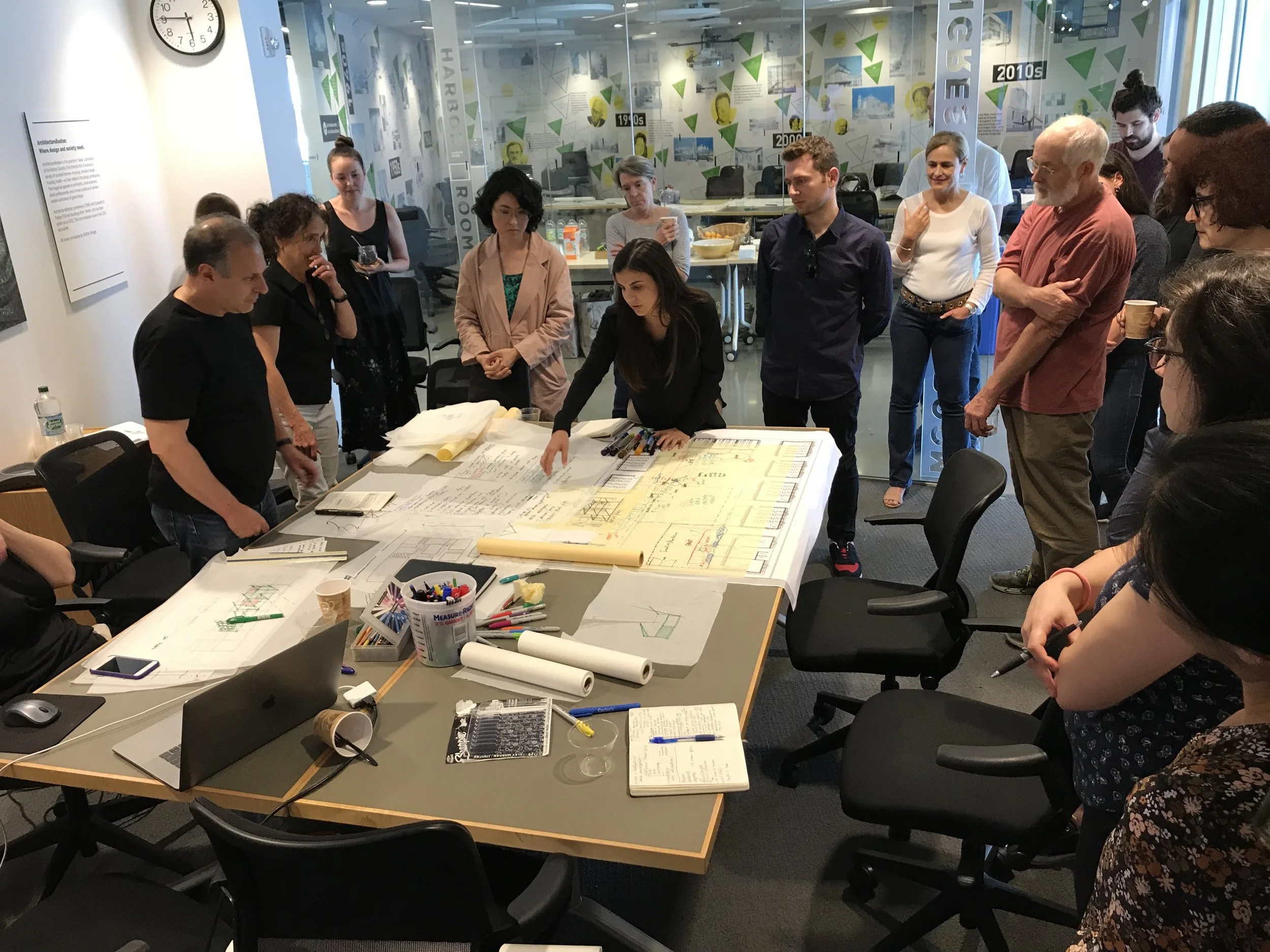Who We Are
Architects, landscape architects, and designers
Our group is a joint knowledge community of the Boston Society for Architecture and the Boston Society of Landscape Architects, both professional membership organizations. Our initiatives and projects are activated by volunteers, students from academic institutions, and volunteers at large who identify with our mission.
Mission
We strive to collaboratively design child-centric community play and gathering spaces to support social cohesion, child development and healing.
Vision
We aim to develop a transnational, collaborative and replicable process for designing, and implementing these child-focused public spaces. We endeavor to embed them in resilient landscaped public spaces.
Our purpose is to develop a global network through partnerships with non-governmental organizations (NGOs) and community organizations working in targeted project areas.
Commitment
GDIRC is established to support children in their right to play, offering them hope even the most difficult and traumatic of circumstances. In so doing our work upholds the principles of Diversity, equity, and Inclusion. We welcome individuals from all backgrounds, experiences, and perspectives to join us in our mission. We embrace their diversity in all forms - ethnicity, gender, sexual orientation, socio-economic status, religion, disability, age, race, and country of origin - to help design and support play spaces for shelters and communities in need, both locally and globally. Together, we can achieve great things!
Engagement
If you are inspired to engage GDIRC in an initiative in your community, please contact us. We would love to work with you.
The Global Design initiative is fiscally sponsored by Social and Environmental Entrepreneurs (SEE), a 501(c)(3) charitable organization. All donation are tax-deductible. GDIRC operates under SEE’s fiscal sponsorship program allowing us to advance our vision and purpose more efficiently.

“Children have always learned and created places for themselves through play.”
— DONNA R. BARNES, PROFESSOR IN EDUCATION




